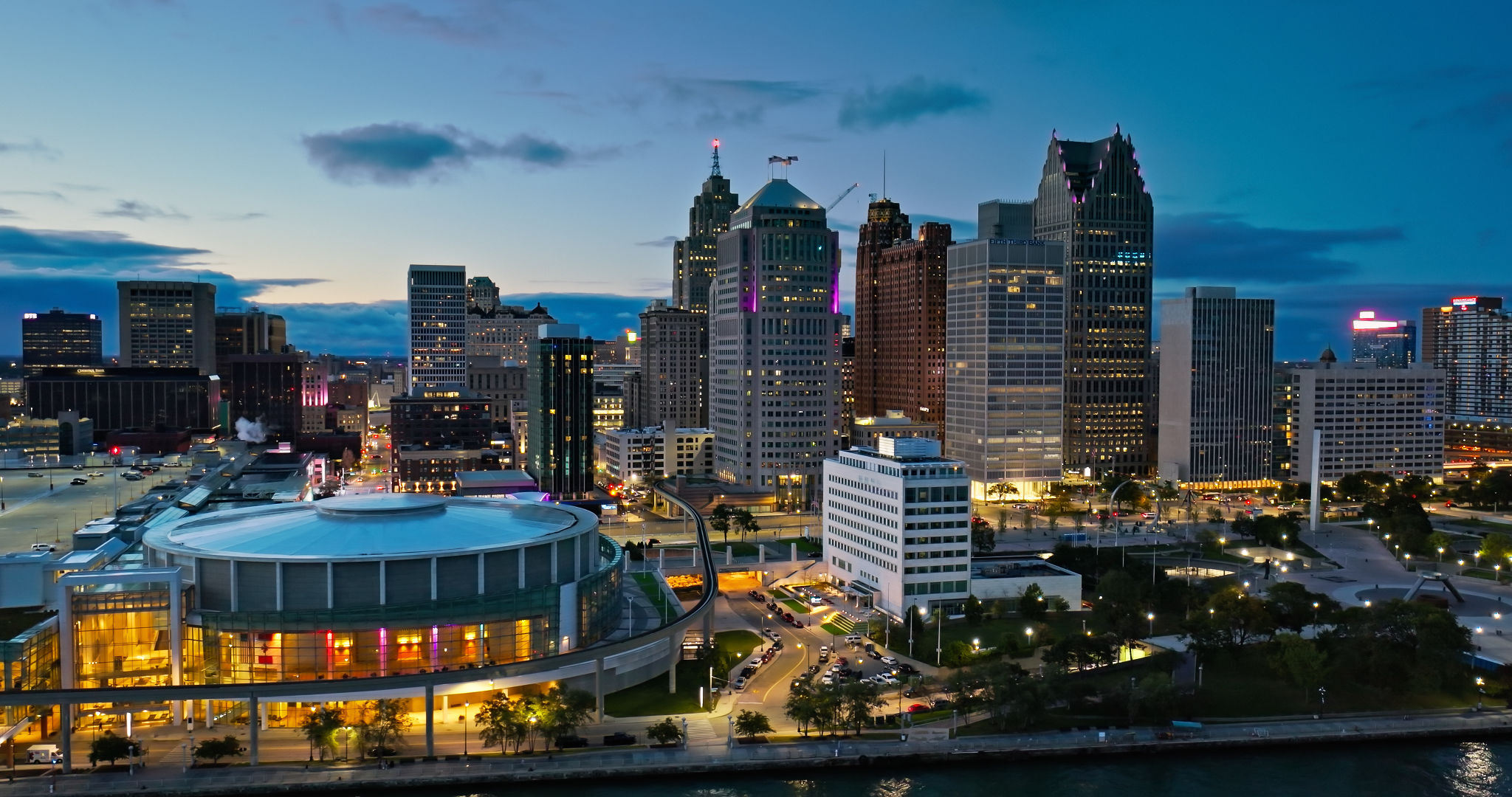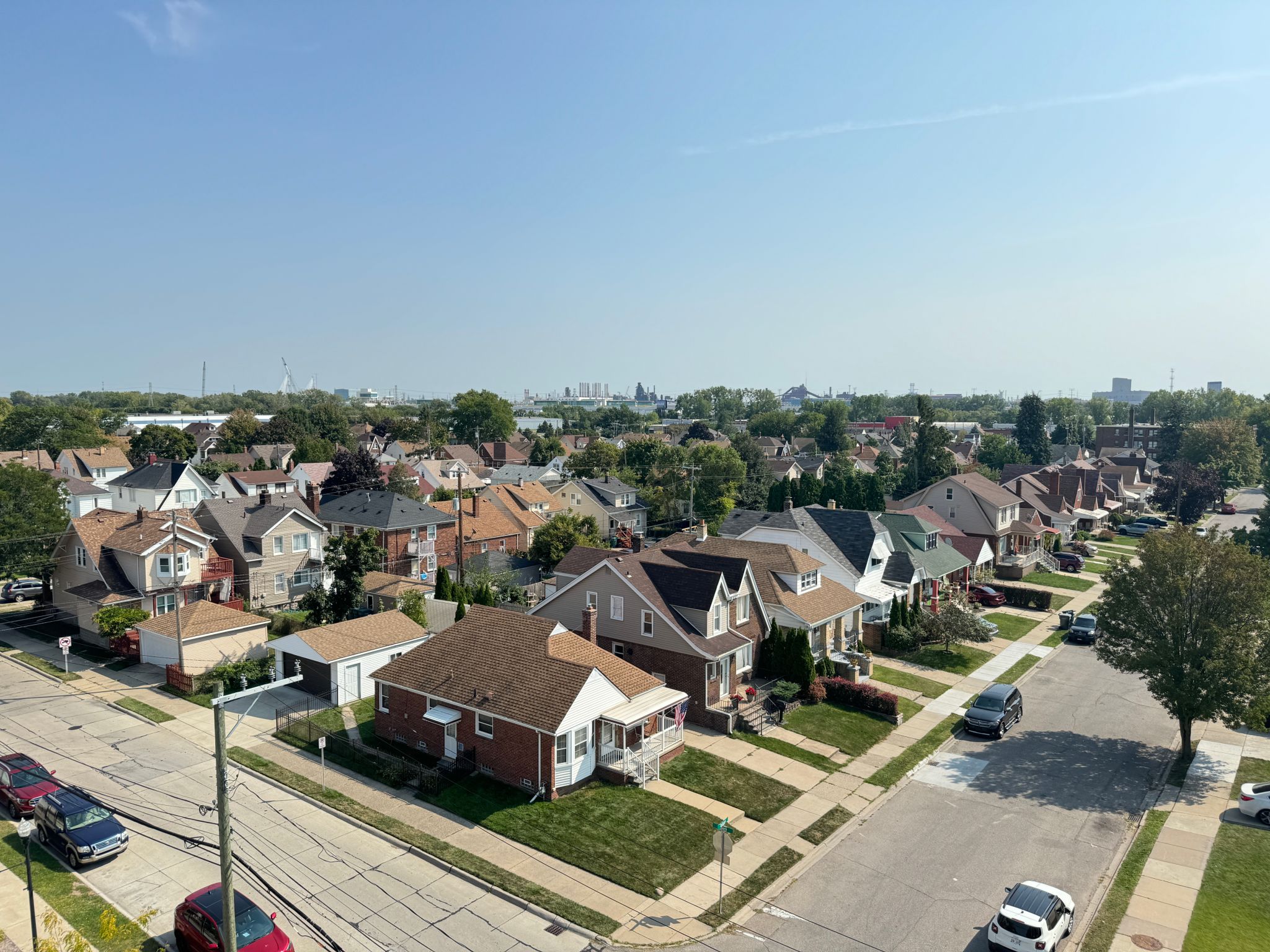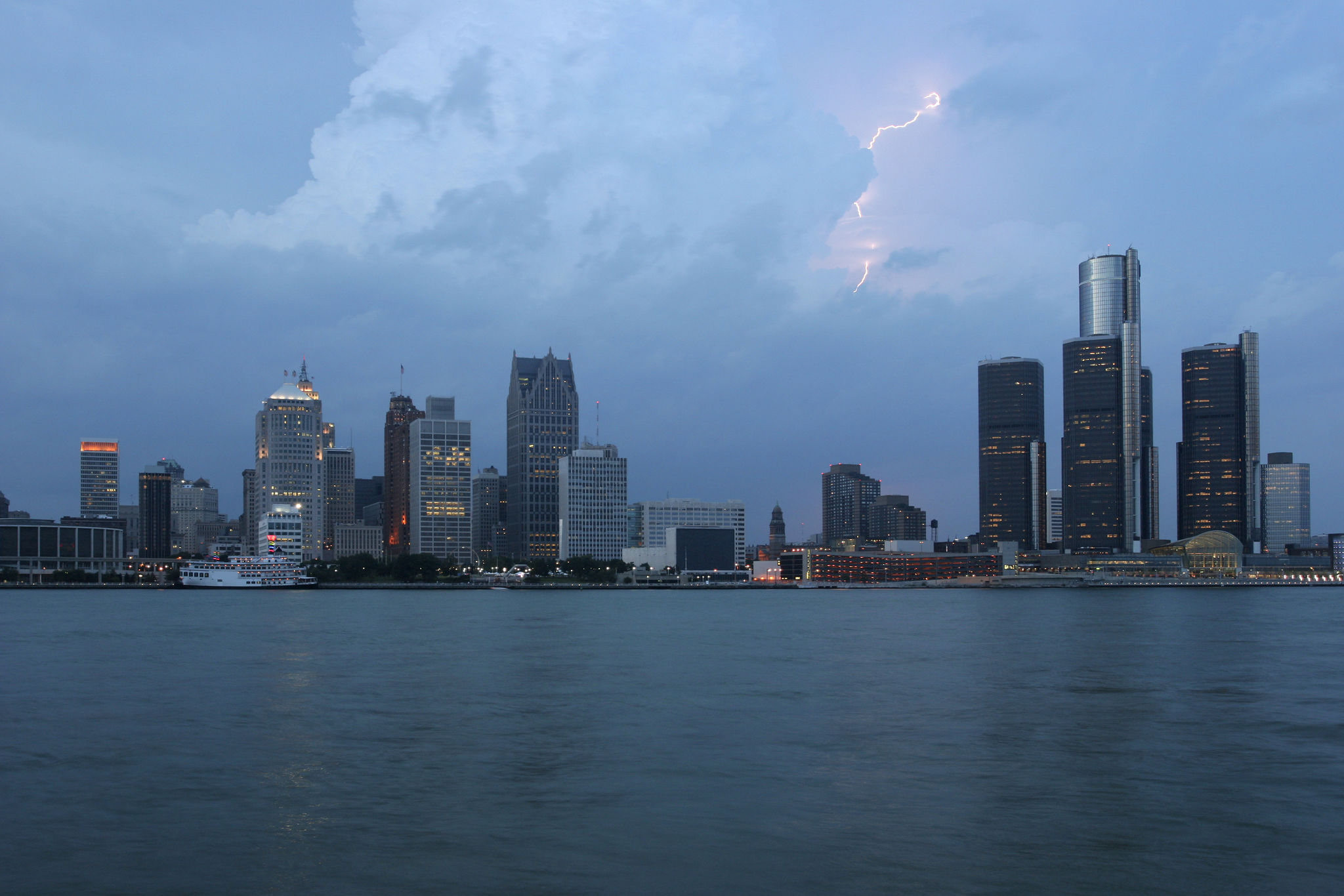The Impact of Detroit's Urban Environment on Cinematic Storytelling
Detroit: A Cinematic Canvas
Detroit, known for its rich industrial history and vibrant cultural landscape, has increasingly become a favored location for filmmakers. The city's urban environment offers a unique backdrop that enhances cinematic storytelling. From its iconic architecture to its bustling streets, Detroit provides a distinct atmosphere that adds depth and authenticity to films.
The city's industrial past is particularly appealing to filmmakers looking to capture stories of resilience and rebirth. The transformation of abandoned factories and warehouses into creative spaces offers a visual metaphor for renewal, making Detroit an ideal setting for narratives that explore themes of survival and transformation.

The Role of Architecture in Film
Detroit's architecture plays a crucial role in its attractiveness as a filming location. The city boasts a mix of stunning Art Deco buildings, modern skyscrapers, and historic homes, allowing filmmakers to choose from a wide range of settings. This architectural diversity makes it possible to shoot films set in different eras or to create entirely fictional worlds.
Moreover, the city's abandoned buildings provide an eerie yet compelling backdrop for horror and thriller genres. The juxtaposition of decay and beauty is visually arresting, drawing viewers into the story and creating an intense atmosphere that heightens the emotional impact of the film.

Community Influence on Storytelling
Beyond its physical spaces, Detroit's vibrant communities contribute significantly to cinematic storytelling. The city's rich tapestry of cultures and histories offers a wealth of stories waiting to be told. Filmmakers often draw inspiration from the city's diverse population, depicting narratives that reflect the real-life challenges and triumphs of its residents.
The local community's involvement in film projects also adds authenticity. By hiring local talent and incorporating genuine stories into their scripts, filmmakers can create films that resonate deeply with audiences. This collaboration between filmmakers and the community fosters a sense of ownership and pride, further enriching the storytelling process.

Detroit as a Character
In many films, Detroit itself becomes a character, its personality shaping the narrative in subtle yet powerful ways. The city's gritty and resilient spirit often parallels the protagonists' journeys, providing a backdrop that complements their struggles and victories. This symbiotic relationship between setting and story enhances the film's emotional depth.
The unpredictable weather and changing seasons in Detroit also add layers to the storytelling. The stark contrast between cold, snowy winters and vibrant, sunny summers can symbolize themes of hope and despair, or isolation and connection, influencing the film's tone and mood significantly.

The Future of Filmmaking in Detroit
As Detroit continues to evolve, its role in cinematic storytelling is likely to grow. The city's ongoing revitalization efforts and investment in creative industries make it an increasingly attractive destination for filmmakers. With tax incentives for film productions and a supportive local government, Detroit is poised to become a major hub for creative endeavors.
Furthermore, the success of films shot in Detroit can inspire new generations of filmmakers to explore the city as a canvas for their stories. By capturing the essence of Detroit's urban environment, these storytellers can continue to showcase its unique charm and contribute to the city's cultural renaissance.